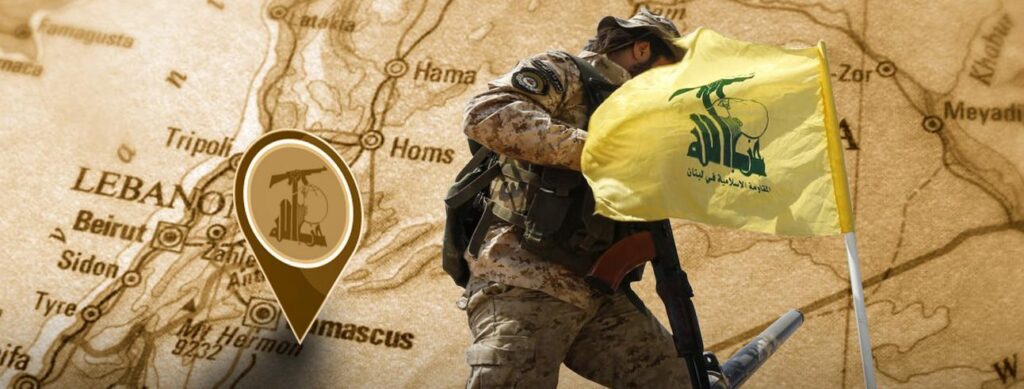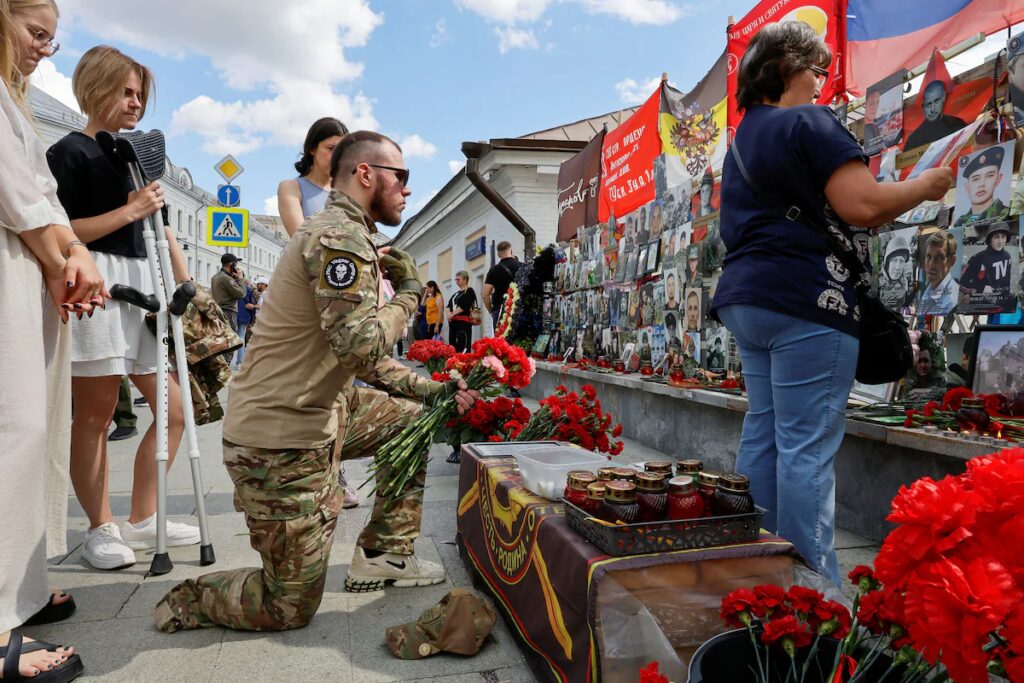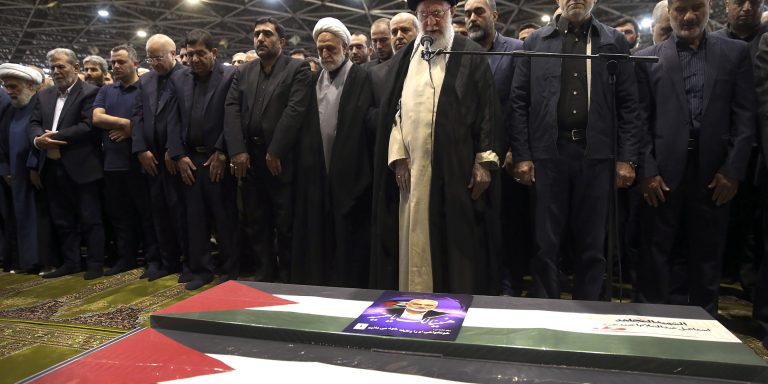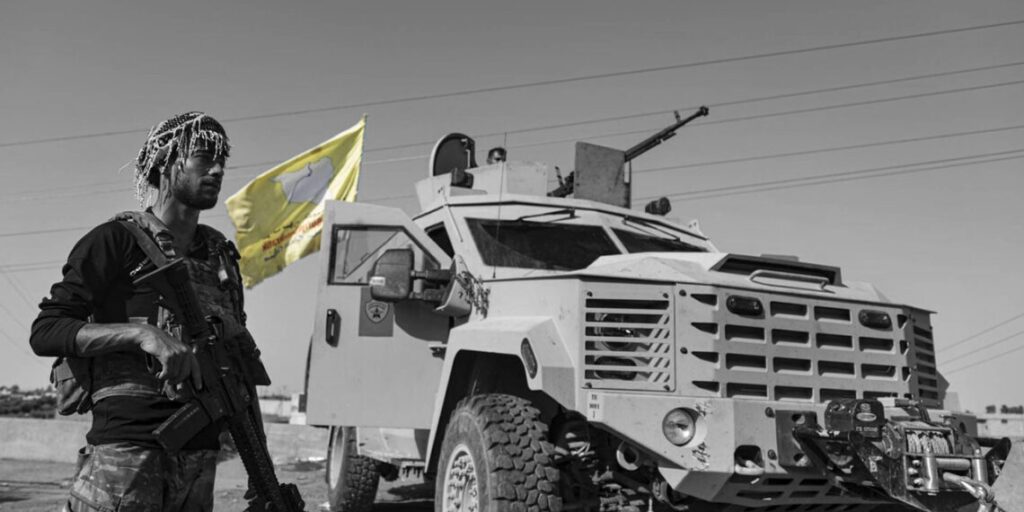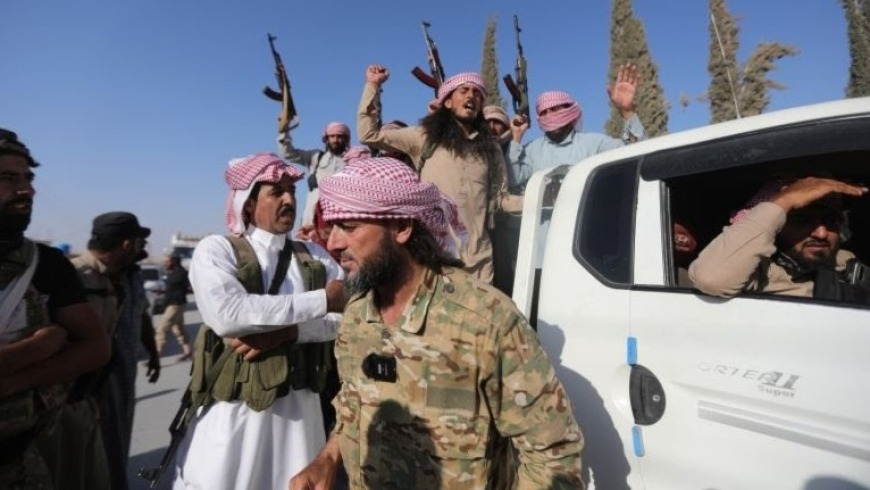Israël dirige les États-Unis. Non, les États-Unis dirigent Israël. Non, attendez …

Ce discours dérangé que Bibi Netanyahou a prononcé devant une session conjointe du Congrès le mois dernier : Je n’arrive pas à le chasser de mon esprit. Cela n’a rien changé – ni le Premier ministre israélien ni ses hôtes ne semblent vouloir ou avoir l’intention de changer quoi que ce soit dans les relations américano-israéliennes. Ainsi, il n’y a pas grand-chose à dire sur cette heure bizarre que le premier terroriste du monde – oui, pensez-y et dites-moi que je me trompe – a passée à la tribune, sous la rotonde du Capitole. Mais le discours a clarifié certaines choses, et puis il a soulevé une question importante. Voyons ce qu’il en est.


